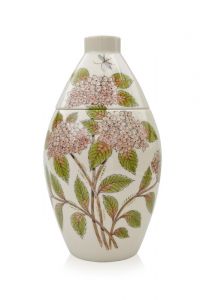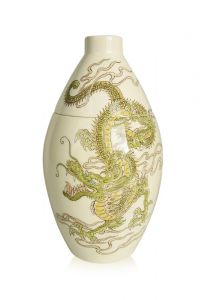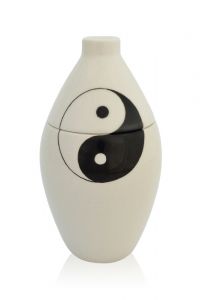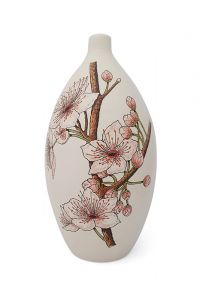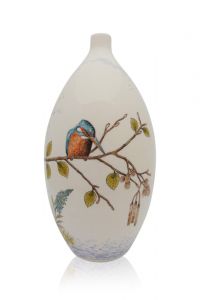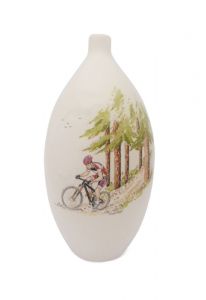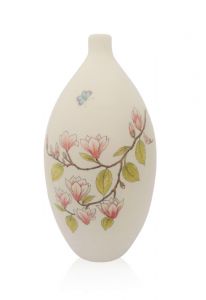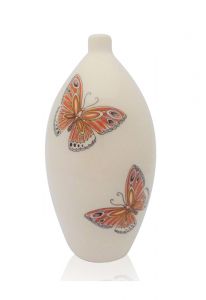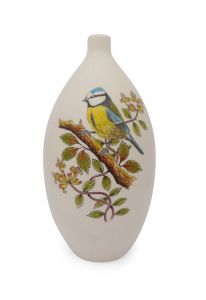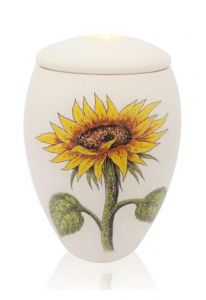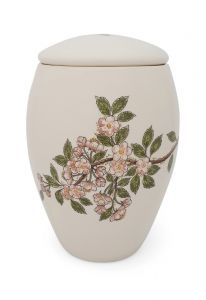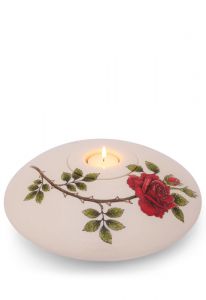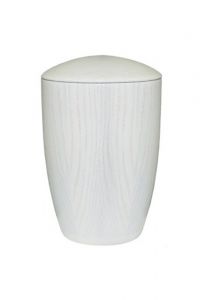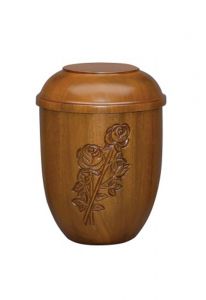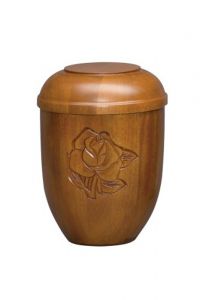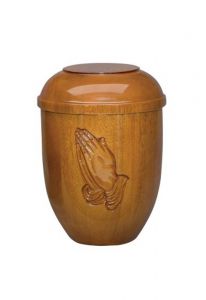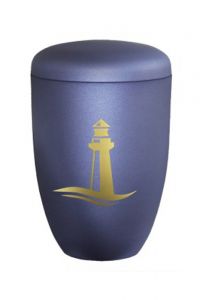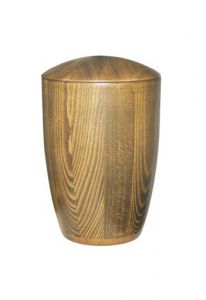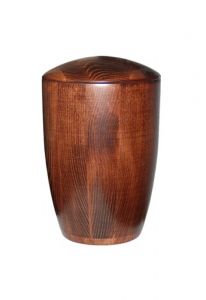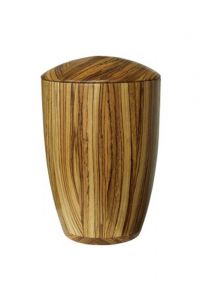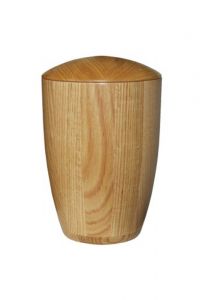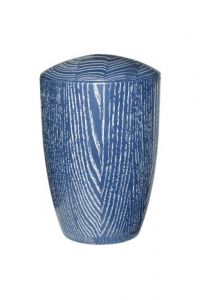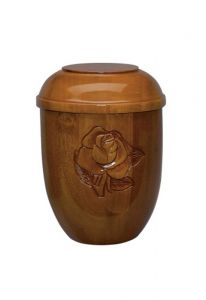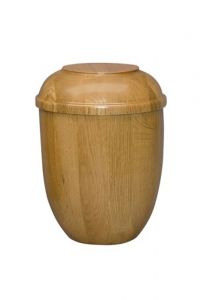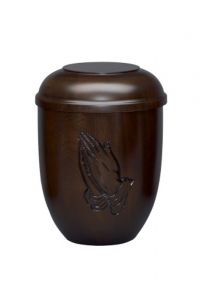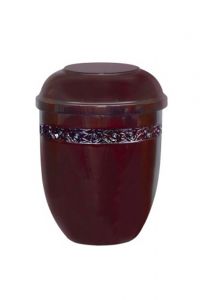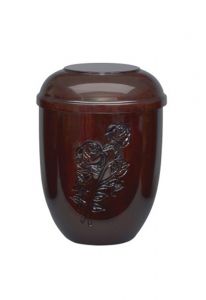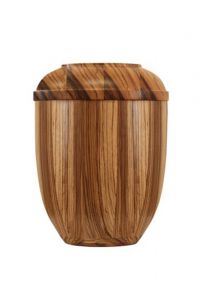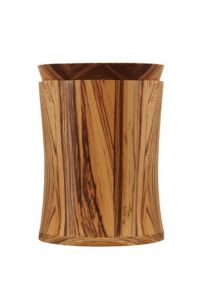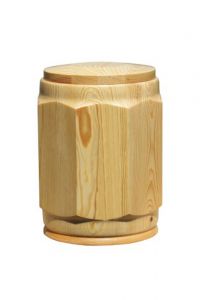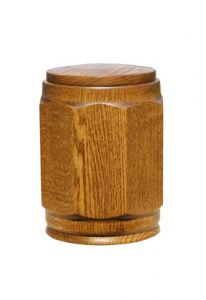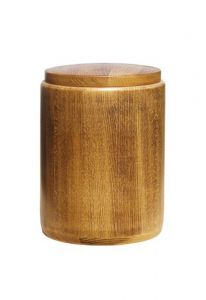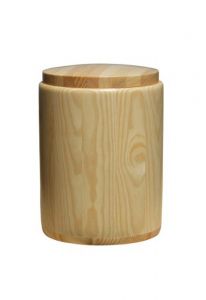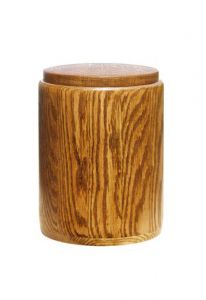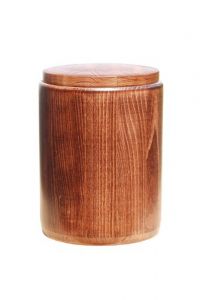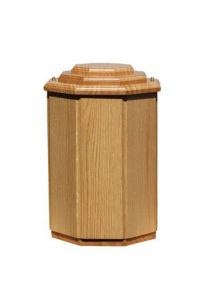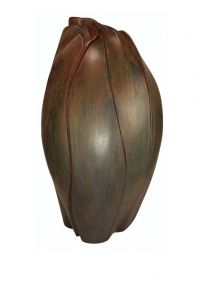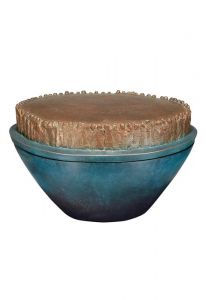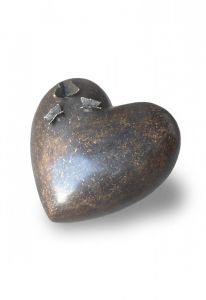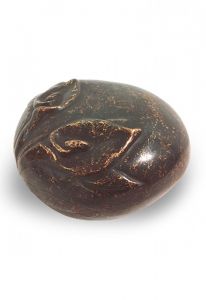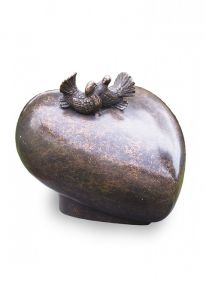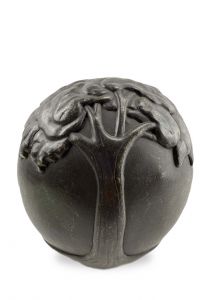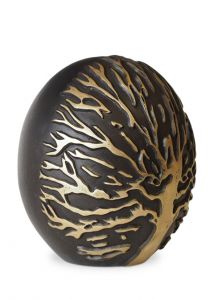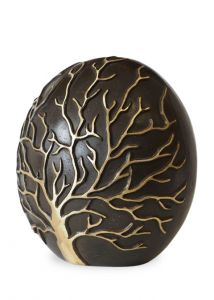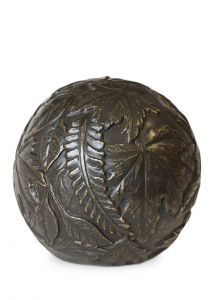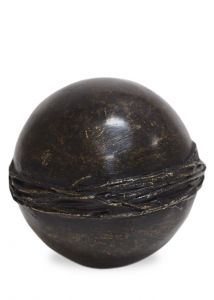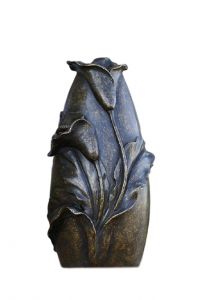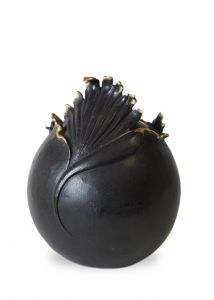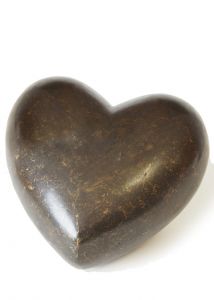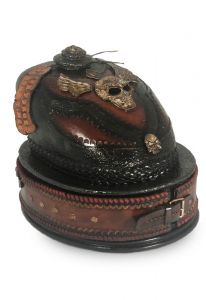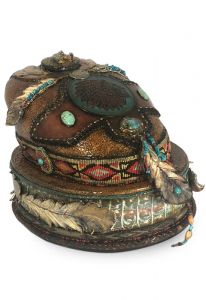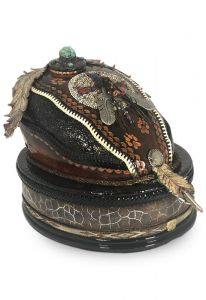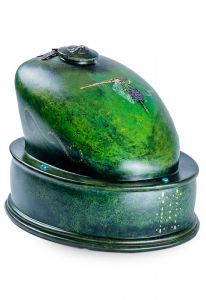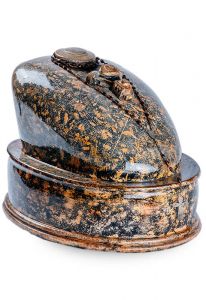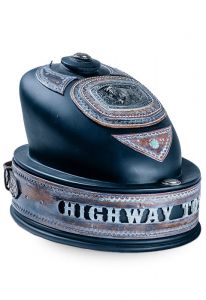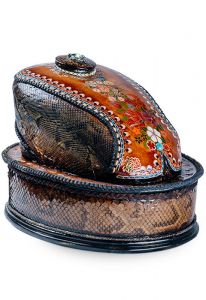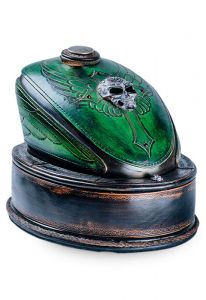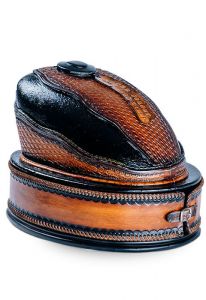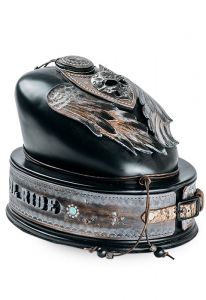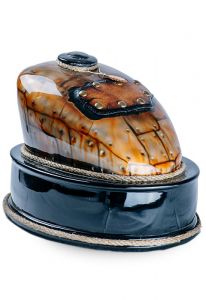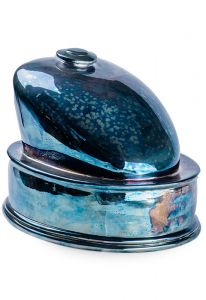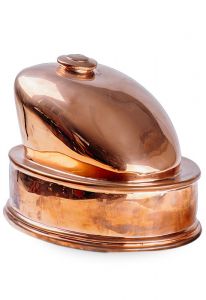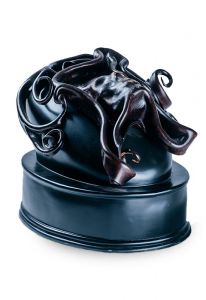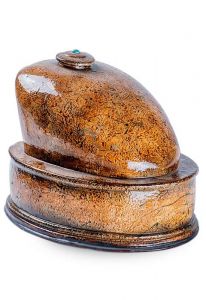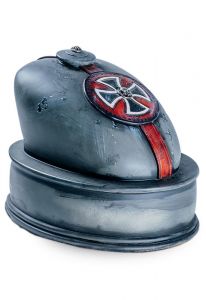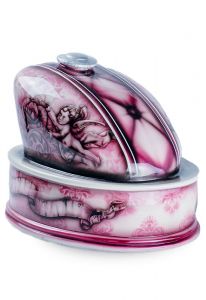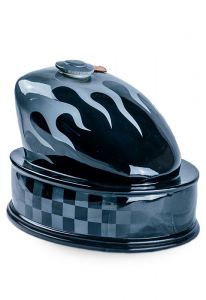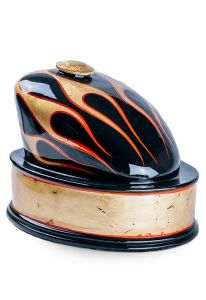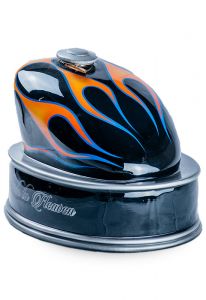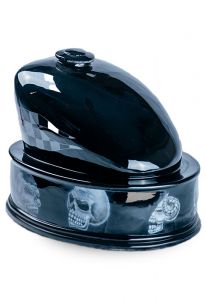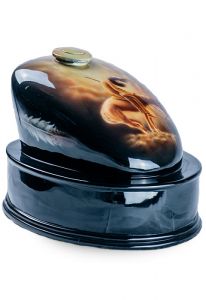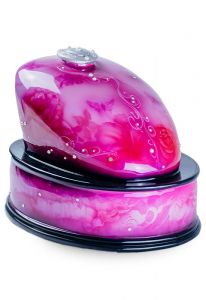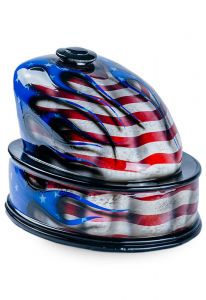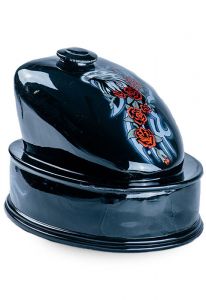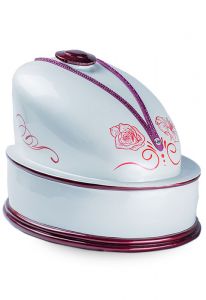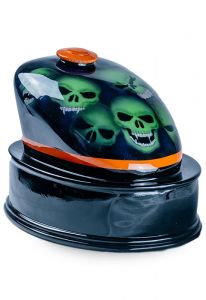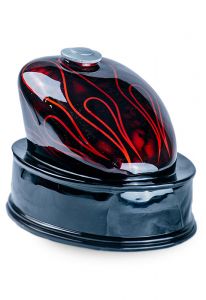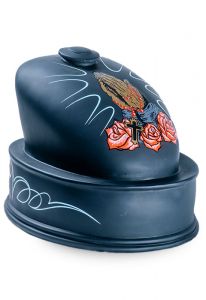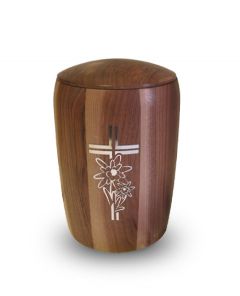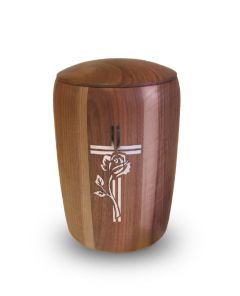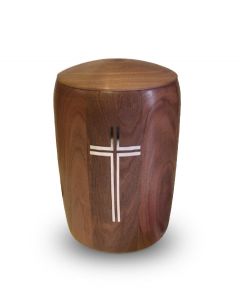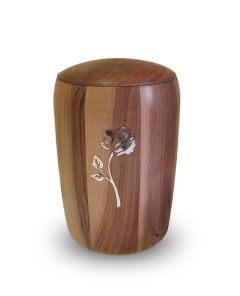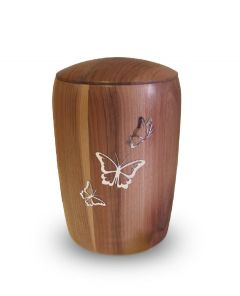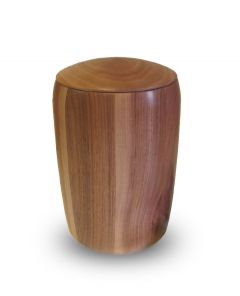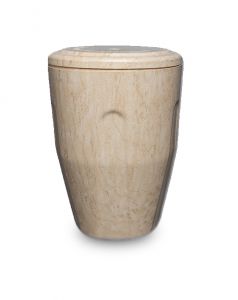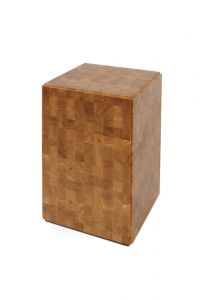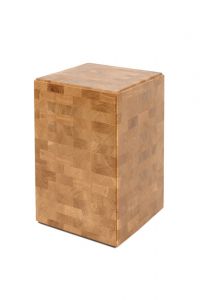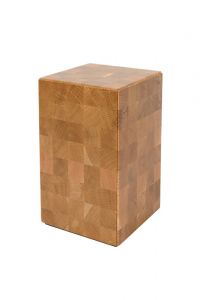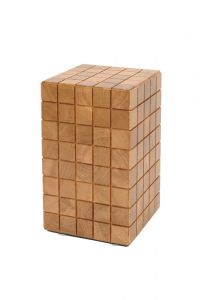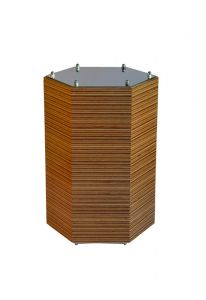Urns for Ashes for Dad
Choosing a meaningful urn for your dad is a deeply personal and significant decision. Whether you're looking for a traditional, modern, or custom-designed urn, there are many options available to honor your father's memory in a special way. Urns for dads come in various materials such as wood, metal, ceramic, or biodegradable options, each offering a unique way to reflect his personality and values. Some urns are designed with space for personal engravings, while others may incorporate themes that celebrate his passions, such as sports, nature, or hobbies.
You can also opt for keepsake urns, which allow family members to share a portion of the ashes, offering a lasting reminder of your dad's presence. For those seeking something truly unique, custom-made urns provide the opportunity to design a piece that reflects the special bond you shared. Whether displayed at home or placed in a dedicated memorial space, an urn for your dad can provide comfort and serve as a lasting tribute to his legacy.
What size urn do I need for my dad?
To determine the correct urn size for your dad, the general rule is that 1 cubic inch of urn space is needed for every pound of body weight. For example, if your dad weighed 180 pounds, you would need an urn with a capacity of at least 180 cubic inches.
Here’s a breakdown of common urn types and their capacities:
- Standard urns: typically hold around 200 cubic inches or 3.5 litres, which is suitable for most adults.
- Keepsake urns: much smaller, often holding a small portion of the ashes (1-50 cubic inches), ideal for sharing among family members.
- Companion urns: larger urns designed to hold the remains of two people, generally with a capacity of 400 cubic inches or 6 litres.
Our Urn Size Guide will help more.
It's always a good idea to check the specific dimensions and volume of the urn you're considering, especially if you're looking for a custom or unique design.
What can I place in my dad's urn?
When selecting items to place in your dad's urn, the most common choice is his cremated remains. However, you can also include personal or symbolic items that hold special meaning. Here are a few ideas:
- Cremated Remains (Ashes): the primary purpose of the urn is to hold your dad's ashes. These are typically placed inside the urn in a sealed bag provided by the crematorium.
- Mementos: small personal items that remind you of your dad, such as a favorite piece of jewelry, a watch, or a small handwritten note, can be included alongside the ashes.
- Photos: a small photograph, especially a favorite family picture or one that captures a significant moment, can be added to the urn.
- Letters: some people choose to write letters to their loved ones, expressing final thoughts or emotions, and place these inside the urn.
- Symbolic Items: items that represent something your dad loved—such as a small keepsake related to his hobbies or interests—can also be included. For example, a golf ball for an avid golfer, or a small token that represents his profession or passions.
- Religious Symbols: if your dad had a strong religious or spiritual belief, a small religious symbol, like a cross or pendant, can be a meaningful addition.
Be sure to check the capacity of the urn to ensure that there’s room for these additional items. Some urns are designed with space for keepsakes, while others may only have room for the ashes. Always confirm that the items you wish to add are allowed, as some urns may have restrictions due to their materials or sealing methods.
Do ashes go directly into the urn?
Typically, the ashes are not placed directly into the urn. After cremation, the ashes are given to the family in a temporary container, often in a sealed plastic or heavy-duty bag. This bag is then placed inside the urn. Here’s why this method is preferred:
- Ease of transfer: the crematorium usually provides the ashes in a secure bag, making it easier to handle and transfer into the urn without spillage or loss.
- Urn preservation: keeping the ashes in a sealed bag protects the urn from any potential damage or contamination, especially if the urn is made from delicate materials like wood or metal that could degrade over time.
- Future transfer: if you need to transfer the ashes to another urn or scatter them later, the bag makes this process simpler and more organized.
If you prefer, some people opt for placing the ashes directly into the urn, but this may require extra care to avoid spills. Always check with the crematorium or urn provider for specific recommendations, as they may have protocols for certain urn designs.
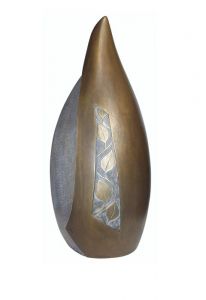 Bronze design funeral urn 'Reincarnation' (without sockle)45,637.00 Shipping
Bronze design funeral urn 'Reincarnation' (without sockle)45,637.00 Shipping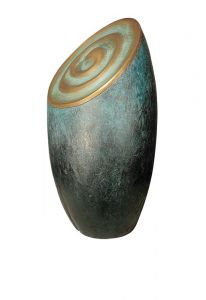 Bronze design funeral urn 'Grain of wheat' (without sockle)25,382.00 Shipping
Bronze design funeral urn 'Grain of wheat' (without sockle)25,382.00 Shipping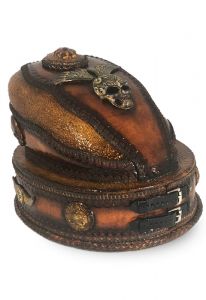 Handmade motorcycle gas tank urn for ashes 'Last ride to Heaven'32,832.00 Shipping
Handmade motorcycle gas tank urn for ashes 'Last ride to Heaven'32,832.00 Shipping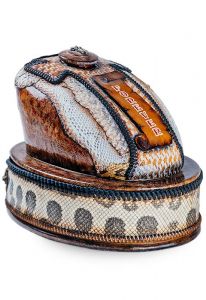 Handmade motorcycle gas tank urn for ashes 'Indian Forever'27,837.00 Shipping
Handmade motorcycle gas tank urn for ashes 'Indian Forever'27,837.00 Shipping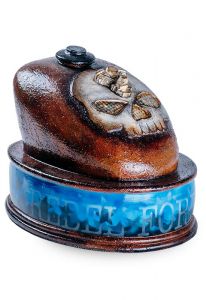 Handmade motorcycle gas tank urn for ashes 'Indian Rebel Forever'27,011.00 Shipping
Handmade motorcycle gas tank urn for ashes 'Indian Rebel Forever'27,011.00 Shipping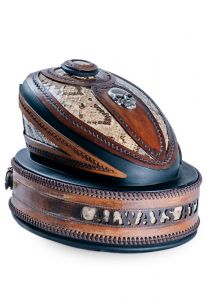 Handmade motorcycle gas tank urn for ashes 'Always at...'24,519.00 Shipping
Handmade motorcycle gas tank urn for ashes 'Always at...'24,519.00 Shipping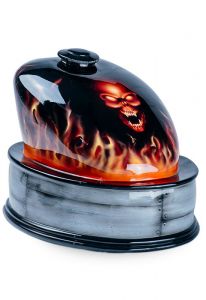 Handmade motorcycle gas tank urn for ashes 'Flames and Skull'16,949.00 Shipping
Handmade motorcycle gas tank urn for ashes 'Flames and Skull'16,949.00 Shipping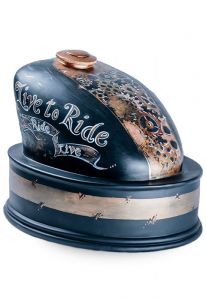 Handmade motorcycle gas tank urn for ashes 'Live to Ride'16,949.00 Shipping
Handmade motorcycle gas tank urn for ashes 'Live to Ride'16,949.00 Shipping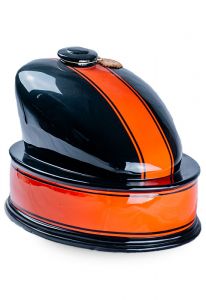 Handmade motorcycle gas tank urn for ashes 'Black and Orange'16,949.00 Shipping
Handmade motorcycle gas tank urn for ashes 'Black and Orange'16,949.00 Shipping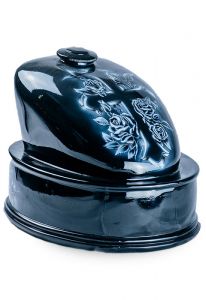 Handmade motorcycle gas tank urn for ashes 'Rose and Cross'16,949.00 Shipping
Handmade motorcycle gas tank urn for ashes 'Rose and Cross'16,949.00 Shipping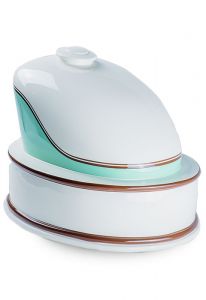 Handmade motorcycle gas tank urn for ashes white and turquoise16,949.00 Shipping
Handmade motorcycle gas tank urn for ashes white and turquoise16,949.00 Shipping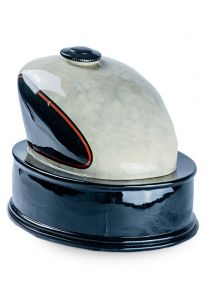 Handmade motorcycle gas tank urn for ashes marble and black16,949.00 Shipping
Handmade motorcycle gas tank urn for ashes marble and black16,949.00 Shipping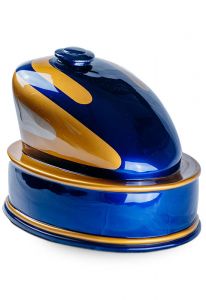 Handmade motorcycle gas tank urn for ashes blue and orange16,949.00 Shipping
Handmade motorcycle gas tank urn for ashes blue and orange16,949.00 Shipping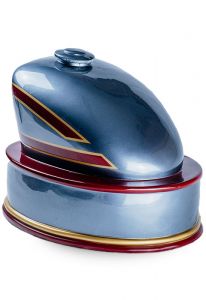 Handmade motorcycle gas tank urn for ashes 'Grey and Red'16,949.00 Shipping
Handmade motorcycle gas tank urn for ashes 'Grey and Red'16,949.00 Shipping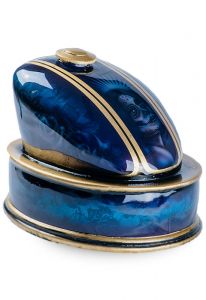 Handmade motorcycle gas tank urn for ashes 'Dia De Los Muertos'16,949.00 Shipping
Handmade motorcycle gas tank urn for ashes 'Dia De Los Muertos'16,949.00 Shipping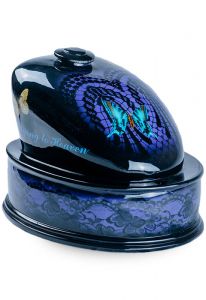 Handmade motorcycle gas tank urn for ashes 'Flying to Heaven'16,949.00 Shipping
Handmade motorcycle gas tank urn for ashes 'Flying to Heaven'16,949.00 Shipping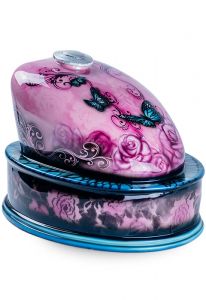 Handmade motorcycle gas tank urn for ashes 'Pink Butterflies'16,949.00 Shipping
Handmade motorcycle gas tank urn for ashes 'Pink Butterflies'16,949.00 Shipping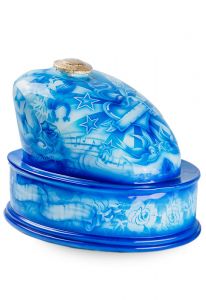 Handmade motorcycle gas tank urn for ashes 'Love & Peace'16,949.00 Shipping
Handmade motorcycle gas tank urn for ashes 'Love & Peace'16,949.00 Shipping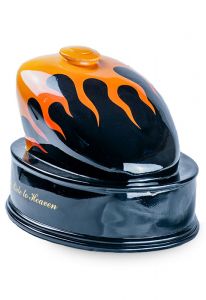 Handmade motorcycle gas tank urn for ashes 'Last ride to Heaven'16,949.00 Shipping
Handmade motorcycle gas tank urn for ashes 'Last ride to Heaven'16,949.00 Shipping
